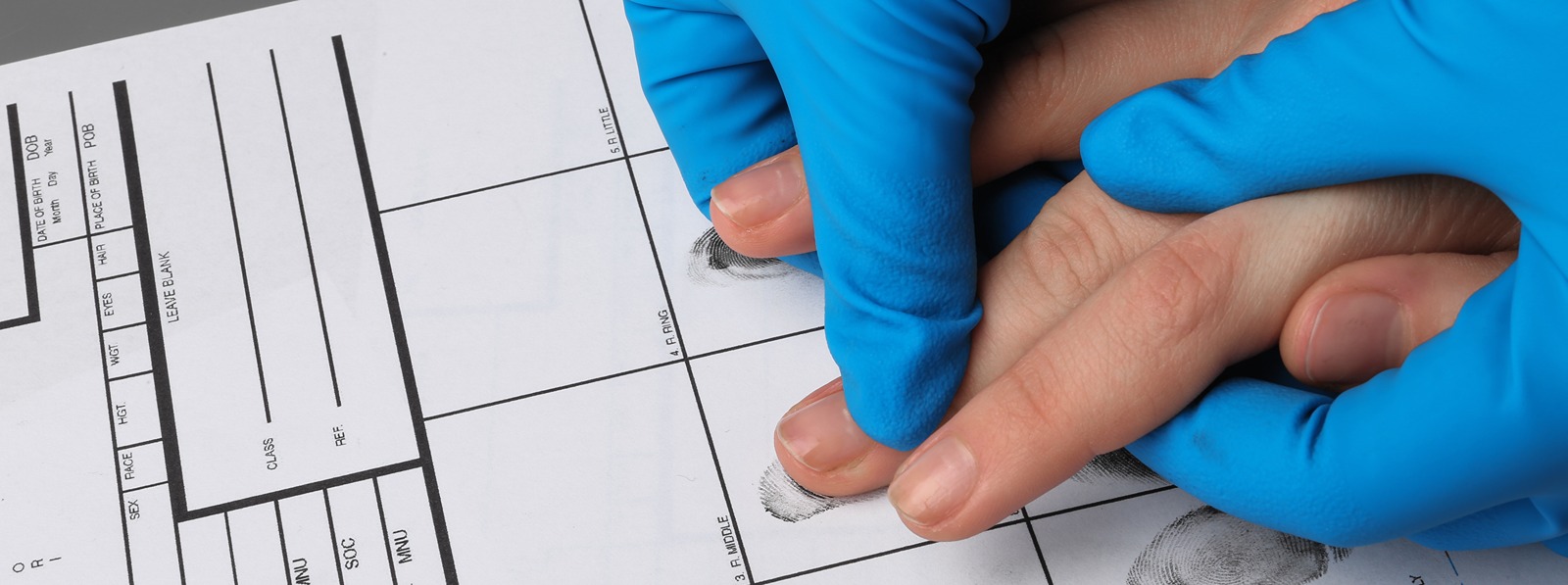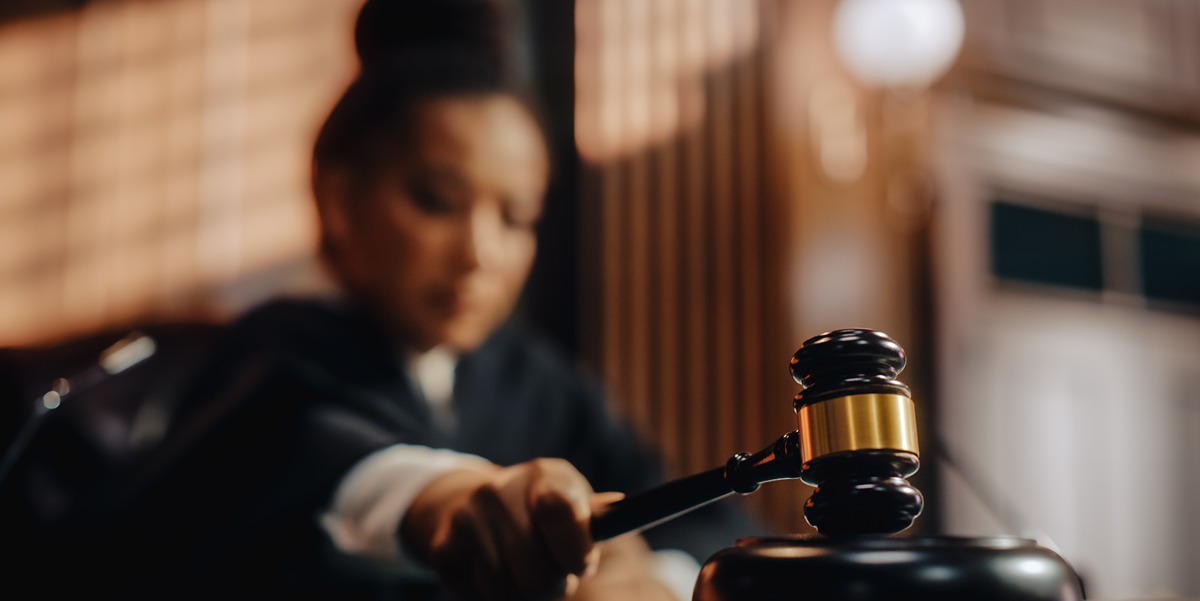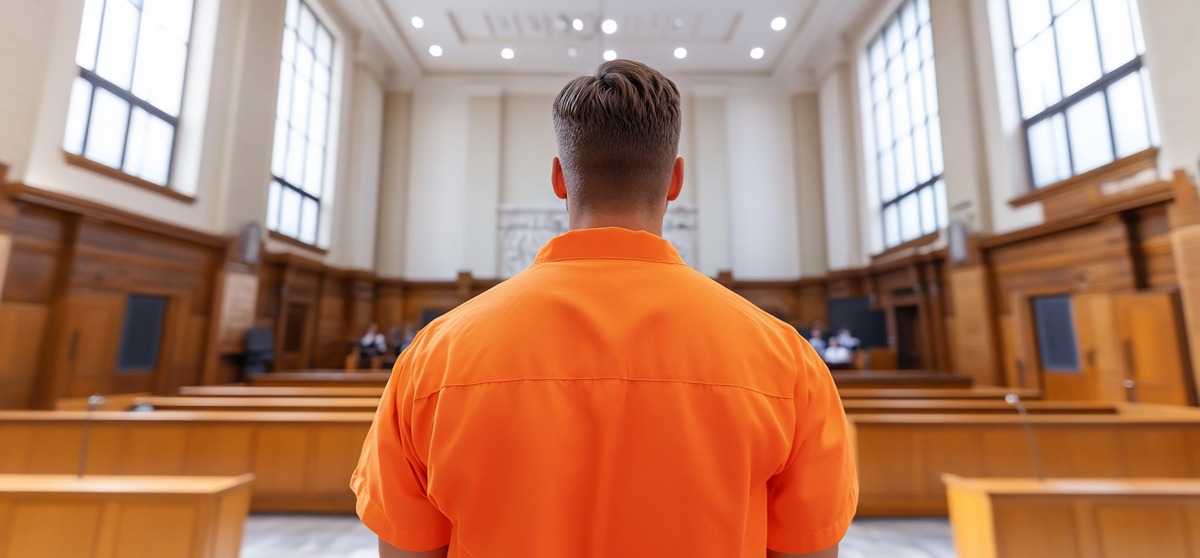What to Expect After Being Arrested in Arizona: A Step-by-Step Guide
We’re Here to Help You – Talk to Our Legal Team Immediately
Many people do not know what to expect after being arrested, especially if it is their first time ever dealing with law enforcement, and may worry about how an arrest in Arizona could affect their future. This article offers a step-by-step look at the criminal justice process in Arizona, including what to do at each phase and how a criminal defense attorney can help protect your or a loved ones rights.
When an arrest happens, questions naturally arise: Will I remain in custody? Will I see a judge soon? What about formal charges?
By reading this helpful article, you will learn what the booking process involves, what to expect at your initial appearance, and how a skilled attorney can step in to safeguard your freedom. Whether you are facing a misdemeanor or a felony offense, understanding your legal path forward is crucial.
Table of Contents
- Step-by-Step Explanation of the Booking Process
- Miranda Rights and Important Legal Protections
- The Initial Appearance: Within 24 Hours and Beyond
- Grand Jury, Preliminary Hearing, and Probable Cause
- Arraignment, Pretrial, and Additional Court Hearings
- Possible Criminal Charges, Penalties, and Sentencing
- Defense Strategies and the Value of Legal Representation
- Real-World Examples
- FAQs About What to Do After an Arrest in Arizona
- Important Things to Remember
- How Guardian Law Group Can Help
This article matters because it outlines how to navigate everything from your Miranda rights to your next court date. It aims to simplify complex procedures and empower you to make informed decisions about your future. You will also learn how a consultation with a professional criminal defense lawyer can alleviate the stress of your arrest situation and help you move forward with confidence.
Follow us On
Free Case Evaluation
Free & Confidential Consultation
Don’t Wait – Call Us Now to Speak with an Phoenix Criminal Defense Lawyer

► Step-by-Step Explanation of the Booking Process
When you are arrested in Arizona, the arresting officer may transport you to a police station or county jail to start the booking process. Booking typically means you will be entered into the law enforcement system as an inmate, and police officers will gather basic information such as your name, address, and details about the alleged offense. The officer may take a fingerprint record during this stage, which is essential for identification.
The booking process can feel long, but it is generally straightforward. An officer may also conduct a basic evaluation of your physical condition. After you are booked, you may be placed in a holding cell or detained in another facility until your initial court hearing.
Whether you are in Scottsdale, Phoenix, or another part of Maricopa County, the sequence of steps is relatively similar across Arizona.
During this time, it is crucial to remember your right to remain silent. Anything you say could be used against you later in court. Remaining quiet until you have legal representation is often a wise choice. If police reports indicate a reason to believe you have committed a crime, the next phase will involve appearing before a judge so that your release conditions can be addressed.
► Miranda Rights and Important Legal Protections
Miranda warnings—often referred to simply as Miranda—exist to remind you of your constitutional rights.
These rights include the right to remain silent and the right to an attorney. Once you are in police custody, it is usually best to avoid making statements until you have spoken with a criminal defense attorney.
The right to remain silent prevents law enforcement from compelling you to incriminate yourself. If you decide to talk, you could give the prosecutor evidence to strengthen their case.
Keep in mind that once you invoke your right to an attorney, questioning must stop.
This safeguard is part of our criminal justice system’s commitment to fairness. In some scenarios, law enforcement might not properly read your Miranda rights. While this does not always lead to the dismissal of a case, it can impact what evidence may be used in court. This is why it is important to seek experienced criminal defense if you suspect your rights were violated.

► The Initial Appearance: Within 24 Hours and Beyond
If you are arrested, you will typically see a judge for an initial appearance within 24 hours. This is the stage at which the judge will set release conditions or determine whether you should remain in custody without bond, depending on factors like criminal history, the severity of the alleged offense, and community ties.
You will also be informed of the charges against you if they have already been filed.
During this court hearing, the judge may release you on your own recognizance, which means you make a promise to return for future proceedings. Alternatively, bail might be set to ensure you appear in court later. Bail is an amount of money or property you deposit as a guarantee that you will attend all required hearings.
If you cannot afford bail, you might remain in custody until your next court hearing. This underscores why having an attorney early in the process is beneficial. A criminal defense attorney can argue for more favorable conditions of release and advocate on your behalf.
► Grand Jury, Preliminary Hearing, and Probable Cause
For more serious crimes, the state may use a grand jury to evaluate the evidence against you. A grand jury decides whether there is probable cause to issue an indictment, which formally charges you with a crime in Arizona.
If your case does not go through a grand jury, it might proceed to a preliminary hearing instead. In a preliminary hearing, a judge will weigh the evidence to decide if the case can move forward.
Either method—grand jury vs. preliminary hearing—requires the prosecutor to show sufficient evidence that a crime in Arizona was committed and that you are the likely culprit.
Probable cause does not mean guilt beyond a reasonable doubt; rather, it establishes that the state has a valid basis to move forward with charges.
If a grand jury issues an indictment or a judge finds probable cause, your case enters the next phase, leading to arraignment. This is where formal charges against you become clear and where you must appear in court again.

► Arraignment, Pretrial, and Additional Court Hearings
At the arraignment, you will be informed of the charges, and you will have the chance to plead guilty, not guilty, or no contest. Many people choose to plead not guilty at this stage to allow time for further discussions with a criminal defense lawyer.
If you decide to plead guilty immediately, you could miss opportunities to negotiate a better outcome.
If you plead not guilty, the next court date might be a pretrial conference. During pretrial, your attorney and the prosecutor exchange information, including police reports and other evidence. This stage can involve plea discussions, where the prosecutor might suggest a lesser charge or reduced penalty in exchange for a guilty plea. An experienced criminal defense attorney can help evaluate whether such an offer is in your best interest.
Additional court hearings may take place if a resolution is not reached. If you face felony cases, you are entitled to a trial in superior court, where the prosecutor must prove you committed the alleged offense beyond a reasonable doubt. If the case proceeds all the way to trial, the judge will set a date, and you will have the chance to present your side with help from your defense attorneys.
► Possible Criminal Charges, Penalties, and Sentencing
In Arizona, charges often range from misdemeanors to felonies. A misdemeanor is a less serious category, and you might face penalties such as small fines or brief jail time. A felony is more serious and can result in longer incarceration and stricter probation terms. DUI offenses can also carry penalties that include license suspension and mandatory treatment programs. Below is a table illustrating some general penalty ranges.
Please note that every case is different, and judges often have discretion when imposing sentences.
| Type of Charge | Potential Penalty Range |
| Class 1 Misdemeanor | Up to 6 months in county jail, fines, possible probation |
| Class 6 Felony | Minimum of several months in prison or probation, fines |
| Class 4 Felony | 1 to 3.75 years in prison or probation, higher fines |
| Class 2 Felony | 3 to 12.5 years in prison, substantial fines |
Your actual sentence could differ greatly depending on circumstances, prior criminal history, and any plea agreements. If the court believes you are a risk or finds aggravating factors, sentencing could become more severe. Conversely, with a strong legal defense, some penalties might be reduced or dismissed.
► Defense Strategies and the Value of Legal Representation by a Criminal Defense Lawyer
Defending yourself in a criminal case is rarely straightforward. Even minor mistakes can lead to larger consequences. Here are five potential defense tactics that a skilled criminal defense lawyer might use on your behalf:
- Unlawful Search and Seizure
If police officers collected evidence through an unlawful search, your attorney might argue to have that evidence excluded from the case. - Miranda Rights Violations
If your Miranda rights were not read properly, any statements you made might be inadmissible in court. - Lack of Evidence
The state has the burden of proving guilt. If the evidence is insufficient, your defense can argue for charges to be dropped. - Witness Credibility Issues
Witnesses sometimes contradict themselves, have ulterior motives, or misremember details. Questioning their reliability can weaken the state’s case. - Constitutional Rights Violations
If your rights were violated at any point, a strong defense strategy could be built around those violations.
Engaging a lawyer early in the process boosts your chances for a favorable outcome. Christian Lueders, a former felony prosecutor, understands the criminal justice process from both sides. When you hire Guardian Law Group for representation, you benefit from exceptional legal insight and strong relationships that Christian has cultivated with prosecutors and law enforcement across Arizona.
► Examples of the Process After Being Arrested
Example 1:
Imagine a scenario in Scottsdale where someone is pulled over on suspicion of DUI. The police gather evidence and arrest them. At the initial appearance, the judge may require bail to ensure the person appears at the next court date. However, because the arresting officer failed to properly read Miranda rights, certain statements might be deemed inadmissible. This flaw significantly weakens the state’s case, potentially resulting in reduced charges or dismissal.
Example 2:
Consider a case in Maricopa County involving a felony offense such as aggravated assault. The accused individual is taken into custody immediately. After a preliminary hearing, a grand jury returns an indictment. The person’s Arizona criminal defense attorney uncovers exculpatory evidence showing the alleged victim initiated the confrontation. With this new information, the prosecutor agrees to lower the charge, minimizing the possibility of lengthy jail time.
► FAQs About What to Do After an Arrest in Arizona
- Should I answer police questions before I appear before a judge?
It is generally safer to remain silent until you have legal counsel. Anything you say without an attorney present might be used to build a case against you. - What if I cannot afford bail?
If you cannot pay bail, you could remain in custody until your next court date. Your attorney can ask the judge to reduce bail or release you on your own recognizance based on your promise to return. - Is probation an option in felony cases?
Yes, some felony cases allow for probation if the circumstances warrant leniency. Your chances improve with strong legal representation. - Can I face criminal charges if I did not know I committed a crime?
Yes. Lack of awareness that you committed a crime does not necessarily prevent charges. You should still speak to an attorney immediately. - Why hire a lawyer from a law firm with Arizona experience?
Local knowledge of the court system and relationships with local prosecutors can make a notable difference in the outcome of your criminal case. Christian Lueders has served as a prosecutor in multiple jurisdictions and is familiar with the processes statewide. - What if the police have little evidence against me?
The prosecutor still must prove your guilt beyond a reasonable doubt. A defense strategy focusing on insufficient evidence may lead to a dismissal or reduction of charges. - Is a free consultation available?
Guardian Law Group offers a free consultation so you can get in touch with an attorney to discuss your case, the charges you face, and possible defenses.
► Important Things to Remember
- You have a right to an attorney during every phase of the criminal justice process.
- Appear in court for all scheduled dates to avoid further complications.
- Bail or release conditions may be modified if your situation changes.
- Speak with a criminal defense attorney before making any major decisions.
- Probable cause only establishes a basis for charges; it does not prove guilt.
- Even if you face serious allegations, every individual is presumed innocent.

► How a Free Consultation from Guardian Law Group Can Help
Facing criminal charges can be unsettling, but you do not have to go through it alone. Guardian Law Group is here to provide representation and peace of mind. Our firm is dedicated to defending people in Maricopa County and beyond who face a wide range of offenses, including DUI and other types of crime in Arizona. Led by attorney Christian Lueders, our law firm believes each client deserves thorough, personalized attention.
Christian brings the advantage of having been a prosecutor. He knows how the other side thinks, what strategies they use, and how to counter their tactics effectively. This experience can be invaluable when you are deciding how to plead or whether to fight the charges at trial. Our team understands that every detail—from police reports to witness testimonies—can influence the direction of your case.
Do not let a single arrest define your future. If you are worried about how to expect after an arrest unfolds, contact us at (480) 316-4618 or visit our law offices online at guardianlawaz.com for a free consultation. We want to hear your story, review your situation, and work together on a strategy. Protect your rights and secure the best possible outcome with help from Guardian Law Group.





